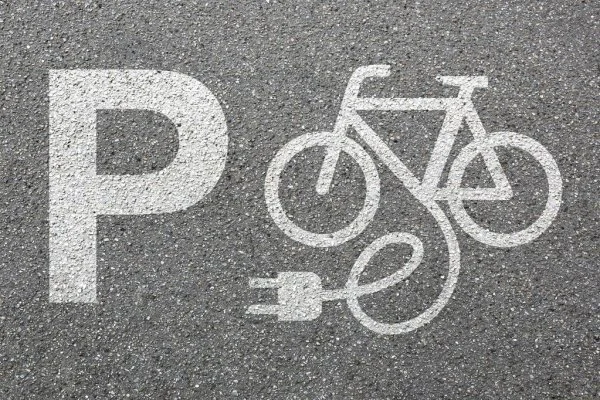Chinomnso Onwunta
Imagine a future where one can easily cycle (from Ikeja to Yaba — 14km) in Lagos or (from Wuse to Asokoro — 7km) in Abuja! Imagine cycling around Accra, Nairobi or Luanda! Imagine cycling through the cites of Addis-Ababa, Maputo or Johannesburg. A future where access to bike stations is easy, and where owning a bike is something to be proud of instead of frowned upon! Imagine…
I know that cities in the African continent are taking steps to incorporate cycling infrastructure but for anyone who has been to the mega-city of Lagos, Nigeria, this vision might seem unthinkable and implausible due to several reasons. Some reasons are the bad roads, hardly any traffic lights, inconsiderate drivers, the unforgiving heat, the lack of stable electricity, the lack of biking culture, the unfavourable image of bicycles, the need for convenience in commuting…and the list of challenges go on and on!
But what if the conversation changes and the mobility within the city reimagined?
As a solution-oriented person with a drive for sustainable outcomes, I envision possibilities and benefits. Of course, the realisation of this vision will take time but what better time to imagine this future than now when the world is digging itself out of this unprecedented crisis. Most African economies are going through a massive economic depression and the methods that worked in the past will not be the same ideas and actions that take us to the future.
Reasons to imagine this future?!
Car traffic is reduced if more bikes and fewer cars occupy the roads.
Environmentally, it is more sustainable to utilise this method of mobility as the carbon footprint and emissions are reduced as traffic from fossil-fuelled vehicles is reduced. The air pollution is minimised as the health of the ecological system and humans increases.
Health-wise the citizens stand to benefit as this transition creates a more active culture of exercise, which reduces health risks to individuals. The health benefits are mostly possible if other methods of transportation transition to sustainable forms.
Investment in infrastructure that has been out of date for the past 30 years creating an opportunity to move towards the mobility infrastructure of the future.
Local jobs are created in the building of the necessary cycling infrastructure within the city. There will be employment from building the roads, the manufacturing of bikes, biking training schools, repair shops etc. The idea can start small — one region at a time — and iterate to the larger city context, thus testing the success of the idea and evaluating the capital requirements.
Solar energy and other forms of renewable energy will be the main source of powering and charging the bikes and stations. Of course, locals do not need to possess an e-bike, however, the mere idea of transporting oneself with a bicycle is a big step in the right direction.
Yes! I know this idea might seem unimaginable; however, I believe that there is an opportunity and potential to imagine the future of mobility in African cities — because it all seems impossible till it happens.
Imagine…


